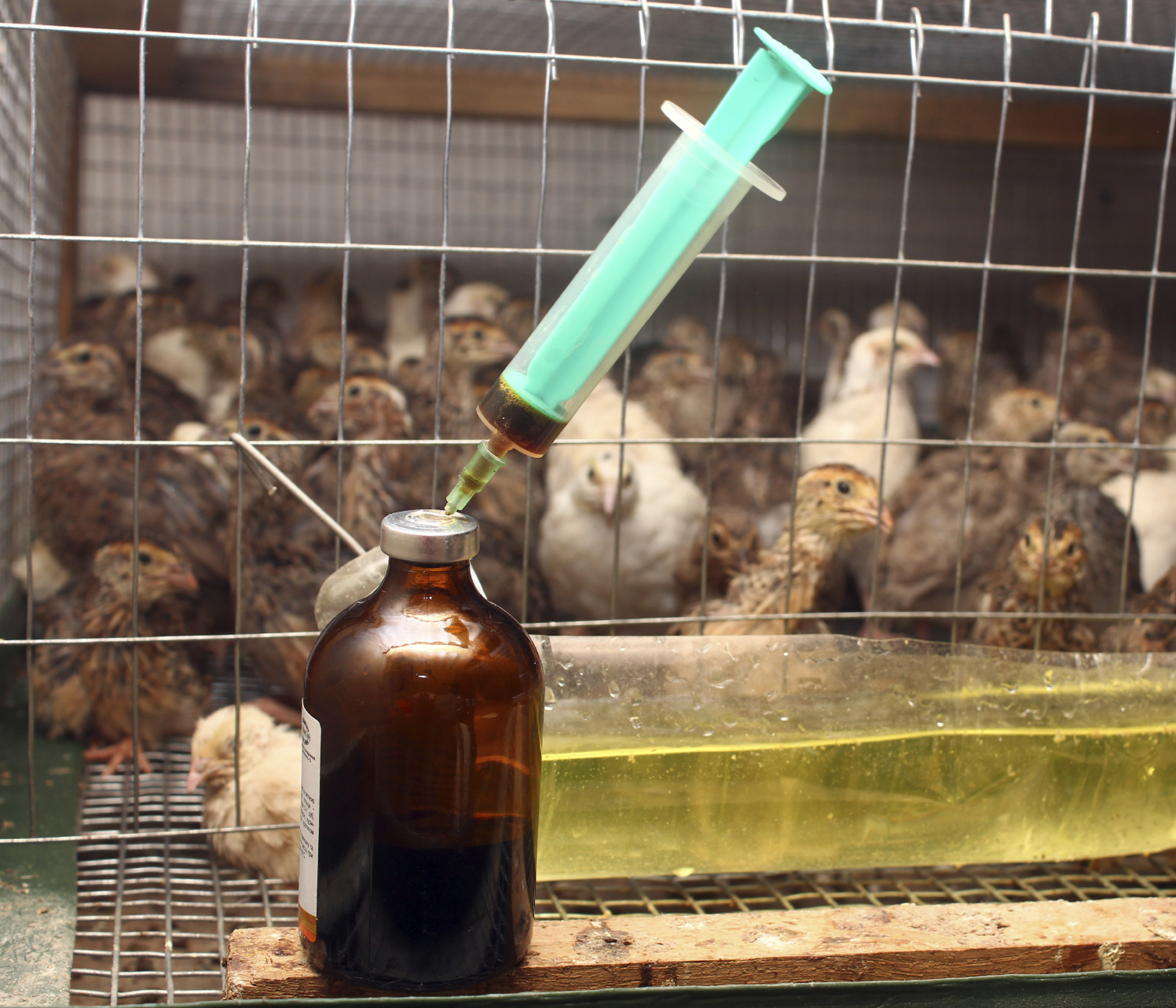When it comes to urgent health threats, drug-resistant bacteria—or superbugs—probably don’t frighten people like cancer, heart disease, or Alzheimer’s. But the WHO says they’re a “global crisis.” Dr. Thomas Frieden, director of the CDC, calls them a “nightmare.”
These superbugs sicken 2 million Americans a year and kill some 23,000.1 The results can be tragic. Doctors watch helplessly as patients waste away from drug-resistant E. coli, C-Diff, and MRSA.
And it’s only getting worse.
The list of medications doctors can use to treat these conditions keeps shrinking.2 New research shows even our strongest, last-resort treatments for these bacteria are failing.3
It seems like a problem with a simple solution: Don’t use antibiotics unless they’re absolutely necessary. That’s a start. But it fails to address one important detail…
About 80% of the antibiotics sold in the U.S. aren’t going to doctor’s offices and pharmacies.4 But where they do end up could be putting your health in danger every day…
Your dinner plate.
Experts like Dr. Joann Schulte, D.O., blame the superbug scourge on factory farms. Many livestock producers overuse antibiotics. This causes the medications to lose effectiveness against germs lethal to humans.
How?
Factory farms dose cows, chickens, and other livestock with antibiotics. The drugs make meat cheaper to produce. And if the meat products you eat had a steady diet of antibiotics… They can pass them along to you.
Children and the elderly are most at risk, say researchers. This is because their immune systems are less robust. But anyone can fall victim to superbugs.
So how do you avoid needless antibiotic exposure? Eat only meats raised without antibiotics. This means looking for the USDA organic label.5
If you can’t find organic products, look for meat from grass-fed animals. Their living conditions and diet generally make the need for antibiotics less likely.6
And be conservative with your own use of antibiotics. Have your doctor run tests when you’re ill. If bacteria are the source of your ailment, decide with your doctor if antibiotics are truly necessary. And don’t take them if you have a virus.
In Good Health,

Angela Salerno
Publisher, INH Health Watch
Like this Article? Forward this article here or Share on Facebook.
References:
1http://www.motherjones.com/tom-philpott/2015/11/kids-doctors-meat-industry-stop-abusing-antibiotics
2http://www.drugs.com/article/antibiotic-resistance.html
3http://www.medscape.com/viewarticle/854711
4http://www.aappublications.org/news/2015/11/18/antibiotics-usage-in-dairy-products-1115
5http://www.ams.usda.gov/sites/default/files/media/Organic%20Livestock%20Requirements.pdf
6http://www.consumerreports.org/cro/food/how-safe-is-your-ground-beef

